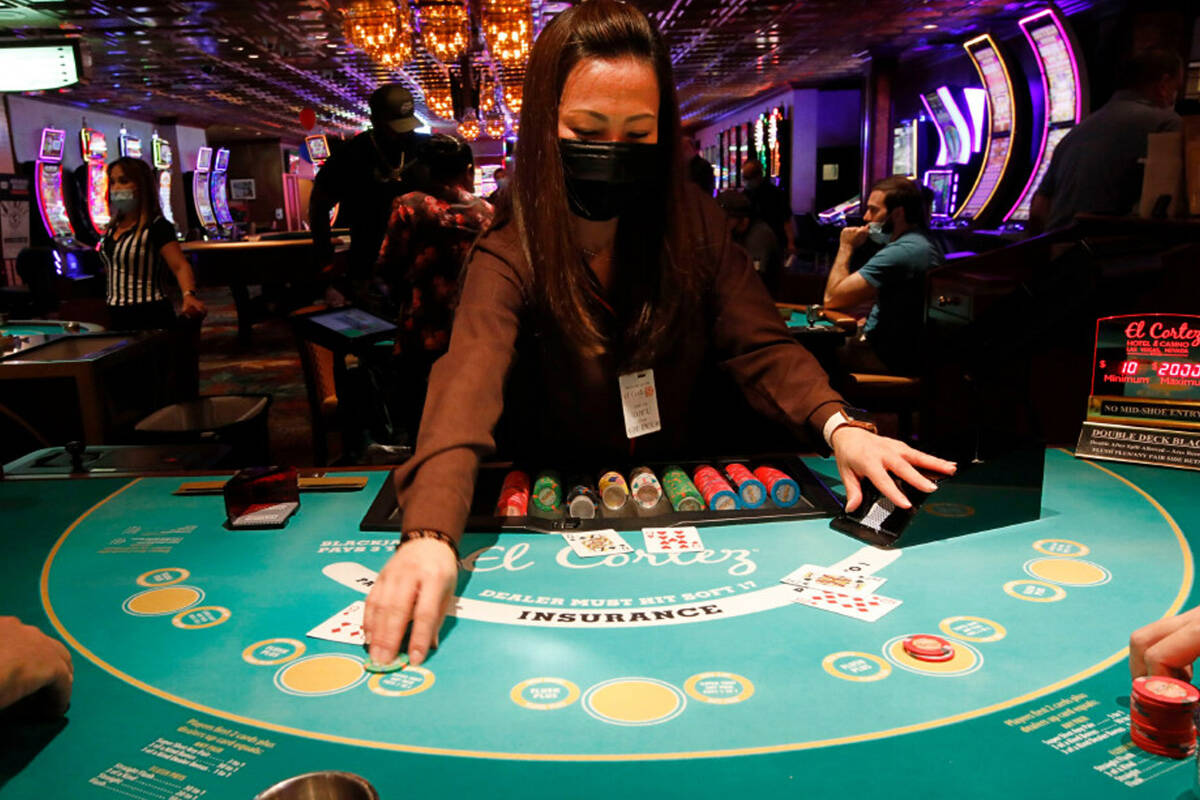
Casino games have long captivated gamblers from all parts of society, drawing them into vibrant casinos filled with the noises of spinning wheels, clattering chips, and cheering crowds. The thrill of chance and the allure of potential winnings create an exhilarating atmosphere that keeps gamblers coming for more. Whether it is the excitement of a slot machine, the thoughtful play of poker, or the anticipation of a roulette wheel, casino games offer a unique combination of entertainment and risk that can be hard to ignore.
At the heart of this fascination lies a psychological pull that varies from person to person. For a few, the excitement of hitting a jackpot can elevate their mood, while for others, it’s a social experience that brings friends together. The colorful visuals, engaging sounds, and sometimes lavish environments of casinos greatly improve the appeal, making each visit an experience waiting to unfold. As we explore why gamblers are drawn to these games, we uncover the deeper motivations and emotions that fuel their love for the betting tables.
The Psychology of Gambling
The appeal of casino games commonly stems from the intricate psychology of gambling as a whole. Many players are attracted to the thrill of risking money for the possibility of winning more, as it connects with a deep-seated human desire for excitement and gain. This excitement can create a significant emotional experience. The combination of risk and potential monetary gain can trigger a release of dopamine, making players feel energized.
Additionally, the design of casino games is designed to keep players interested. The use of bright lights, enticing sounds, and the social setting of casinos can amplify the excitement. Players typically find themselves engulfed in these settings, where the expectation of a win keeps them coming back for more. This sensory engagement encourages extended play, as the instant feedback from wins, however minor, reinforces the desire to gamble more.
Finally, mental shortcuts play a significant role in gambling behavior. Many individuals fall prey to the misconception of control, believing they have power over outcomes even in games of chance. This attitude can lead to overconfidence and the continuation of play, despite accumulating losses. Additionally, gamblers frequently recall their wins more clearly than their losses, which can distort their perception and fuel the desire to keep playing. This intricate interplay between emotions and cognitive factors helps illustrate why so many are drawn to casino games.
The Attraction of Casino Environments
The atmosphere of a gambling establishment is uniquely enchanting, pulling in bettors with its mix of thrill and eagerness. GK88 The sights and noises of spinning slot machines, excited participants, and the rhythmic jingling of tokens create an engaging experience that is difficult to resist. The vibrant neon signs and dynamic layout foster a atmosphere of energy that keeps gamblers involved and motivates them to stay for longer periods. This infectious atmosphere contributes to the overall appeal of gaming experiences, enticing both novice and seasoned bettors alike.
In addition, gambling venues are designed to stimulate the five senses in a fashion that makes gamblers feel as though they are starting on a fantastic expedition. The purposeful placement of entertainment choices, inviting seating, and on-the-house refreshments enhance the overall value, making visitors feel cherished and pampered. Many casinos also include decorative designs and intricate designs that take visitors to different realms, amplifying the excitement. Such atmospheres foster a notion of liberation, allowing bettors to disregard their normal lives and dive into the exciting domain of gambling.
Ultimately, the presence of fellow gamblers amplifies the interpersonal dimension of gambling, creating a shared excitement. Engagements among participants, either through light-hearted banter or collective joy during a huge victory, cultivate a sense of togetherness that many find tempting. This communal connectivity enhances the experience of playing gambling activities, transforming it from a single endeavor into a joint experience. The blend of excitement, engaging environments, and social ties makes gambling establishments an irresistible spot for gamblers seeking fun and a opportunity to profit.
Grasping Game Dynamics
Casino games are designed with unique mechanics that attract players. All games has its own set of rules, betting structures, and probability ratios, allowing players to engage with the game on various levels. The thrill of submitting a bet and the anticipation of the outcome creates an electric atmosphere. Understanding these mechanics can enhance a player’s appreciation for the game and elevate their overall experience.
Another crucial aspect of game mechanics is the idea of randomness. Many casino games, especially video slots and table games, rely on randomizers or shuffling to determine outcomes. This randomness is what keeps players revisiting; the unpredictable nature of the game creates a notion of hope and excitement. Knowing that each spin or hand is independent of the last adds to the appeal, as players believe they have a chance at winning, regardless of past outcomes.
Finally, the emotional response tied to game mechanics should not be underestimated. The excitement of a big win or the tension during critical moments are fundamental to the enjoyment of casino games. Such emotional highs and lows leverage psychological triggers that keep players engaged for extended periods. Comprehending these emotional responses to game mechanics can help explain why players are attracted to the thrill of casino games, persistently seeking that next exhilarating moment.
